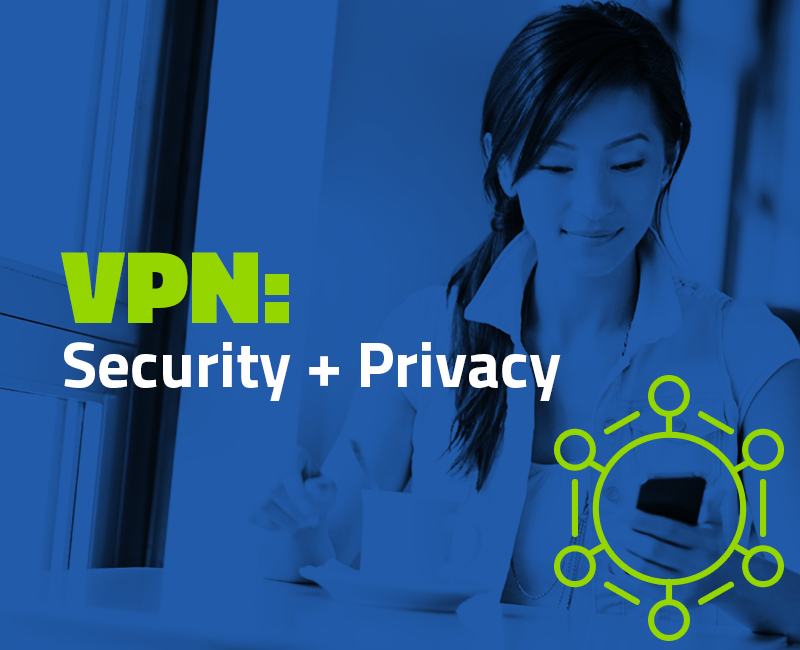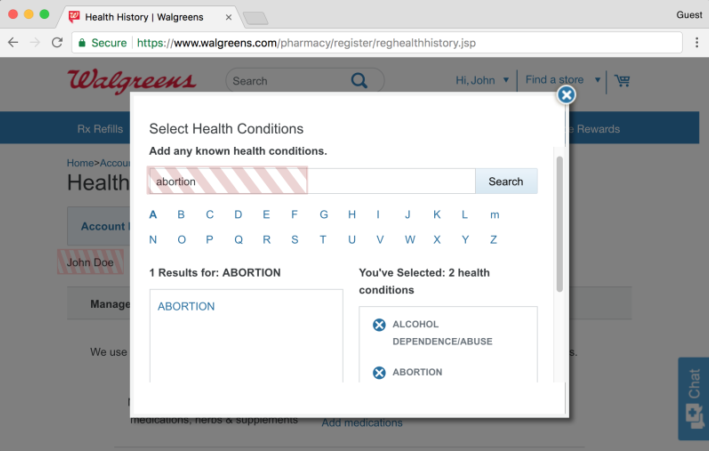This is a weekly series to highlight the best articles and news stories going on in the Community.
What was your favorite story? What topics would you like to see? Sound off in the comments! :)
Why You Should Use a VPN on Public WiFi
Always on the go? It only takes a moment on a free WiFi connection for a hacker to access your personal accounts. While complimentary WiFi is convenient, protecting your connection with a VPN is the best way stay safe on public networks, keeping your data and browsing history secure.
VPN stands for “virtual private network” and is a technology that can be used to add privacy and security while online. It’s specifically recommended when using public WiFi which is often less secure and is often no password protected.
Learn when & why you should use a VPN!
Uber Hides Massive Breach
Hackers stole the personal data of 57 million customers and drivers from Uber Technologies Inc., a massive breach that the company concealed for more than a year. This week, the ride-hailing firm ousted its chief security officer and one of his deputies for their roles in keeping the hack under wraps, which included a $100,000 payment to the attackers.
David Kennerly, our Director of Threat Research here at Webroot, criticised Uber for paying a ransom to the hackers via the BBC:
"Given the current climate around data security and breaches, it is astonishing that Uber paid off the hackers and kept this breach under wraps for a year."Get the full Story!
No, you’re not being paranoid. Sites really are watching your every move
Sites log your keystrokes and mouse movements in real-time, before you click submit.
A study published last week reported that 482 of the 50,000 most trafficked websites employ such scripts, usually with no clear disclosure. It's not always easy to detect sites that employ such scripts. The actual number is almost certainly much higher, particularly among sites outside the top 50,000 that were studied.
Read the whole Study & watch the data capture video!
[i][/i]
Fraudulent Black Friday Apps Spread Malware
Security researchers discovered more than 32,000 fraudulent Black Friday apps in the wild, many of which use the branding of the top five U.S. online retailers to spread malware and steal customer credentials.
The report found that even some of the most popular app stores featured malicious Black Friday apps. The Google Play store hosted the largest number of fraudulent apps, while Apple’s App Store contained 85 legitimate apps that had been infected with malware despite rigorous security testing. The report pointed out that although most official mobile app stores have relatively strong verification processes in place, these systems are “not bulletproof.”
Make sure you download reputable apps this Season!
[i][/i]
Lock it down: The macOS security guide
Jonny Evans from Computerworld has done the Apple Community a favor by compiling some common sense security tips for Mac users.
- Avoid clicking links from people you don’t know.
- Never download/install software unless you know where it is from.
- Use strong passwords, and use different passwords for each site — Apple’s Keychain Manager makes this process ever so easy.
- Use two-step verification everywhere.
- Consider using a VPN.
- Use Private Browsing.
- Use a disposable email address to sign up for services, websites and the like — that way you can reduce the spam you receive in your primary emails.
- Never access a confidential service (such as your enterprise intranet or online bank) over public Wi-Fi.
- Install macOS software updates as they appear.
Make a safety checklist for yourself using these Tips!
What was your favorite story of the week?
What stories or topics would you like to see covered next week?
Sound off in the comments and let us know!







